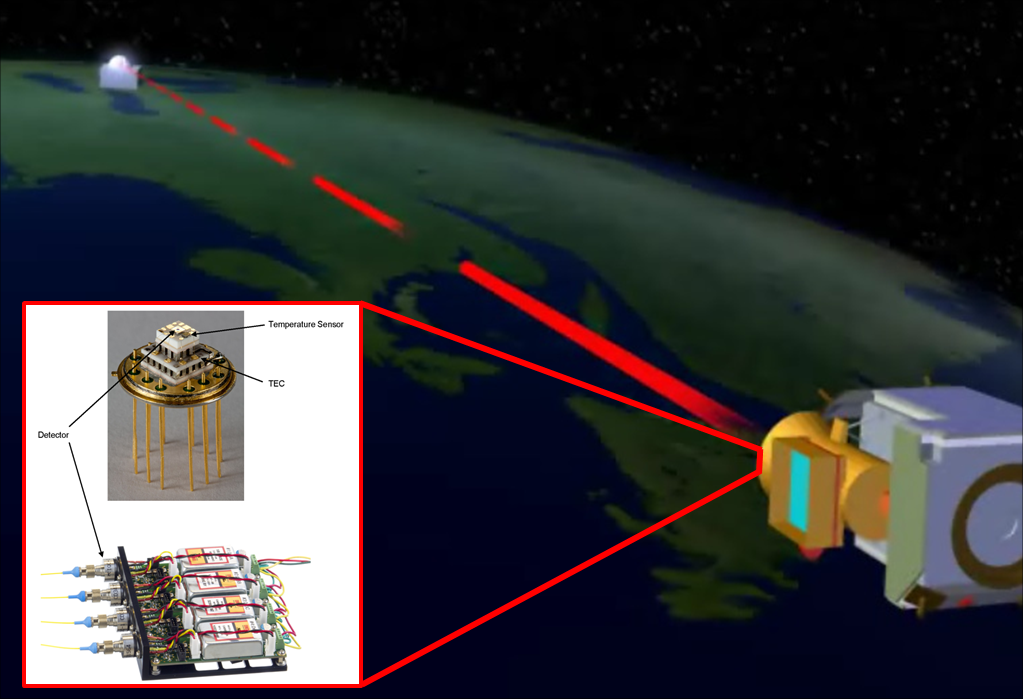Institute for Quantum Computing (IQC) Professor Thomas Jennewein has received a $500,000 contract from the Canadian Space Agency (CSA) to advance the crucial Detector Assembly subsystem of a Quantum Key Distribution (QKD) payload for the proposed Quantum Encryption and Science Satellite (QEYSSat) mission.
Jennewein, a professor in the Department of Physics and Astronomy at the University of Waterloo, and his team will collaborate with the Neptec Design Group of Ottawa and other industrial partners. Together they will advance the design of the Detector Assembly, fabricate and integrate the hardware, and test the prototype under representative space environmental conditions of radiation and thermal-vacuum.

In January 2015, Jennewein’s team completed a successful laboratory demonstration of a form, fit and function prototype of a Quantum Key Distribution Receiver (QKDR) suitable for airborne experiments and ultimately Earth orbiting satellite missions under a previous contract with the CSA. By successfully validating the prototype QKDR in a lab environment, the team advanced the technologies to Technology Readiness Level Four (TRL4).
As part of the QKDR project, single photon detector devices were tested in a representative space radiation environment at the TRIUMF facility located at the University of British Columbia. These tests demonstrated the need to cool the detectors when they are in operation to reduce noise. When the detectors are not in operation they need to be heated up to perform an annealing function that would reverse some of the detector damage caused by radiation. The Detector Assembly developed under this contract will implement both the heating and cooling functions and advance the design to TRL 5.
QKD establishes highly secure keys between distant parties by using single photons to transmit each bit of the key. Since single photons behave according the laws of quantum mechanics, they cannot be tapped, copied or directly measured without detection. QKD solves the long-standing problem of securely transporting cryptographic keys between distant locations. Ground-based technologies can only cover distances of up to 200 kilometres due to photon absorption in fibre optic cables, but satellite-based QKD systems can surpass this distance limitation with today’s technology.